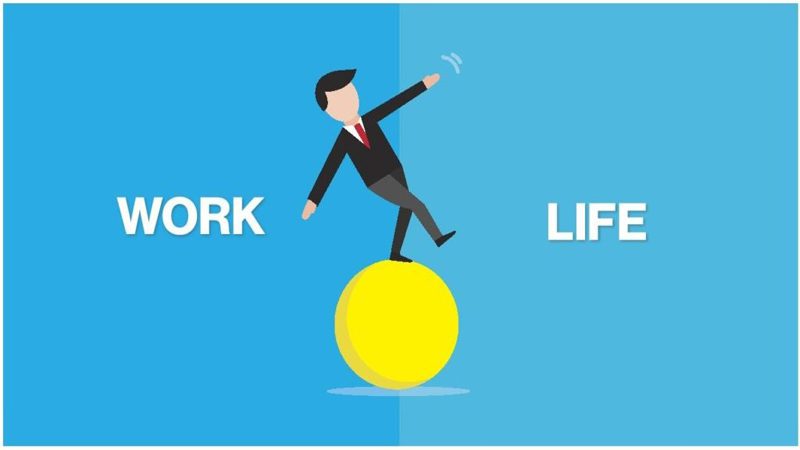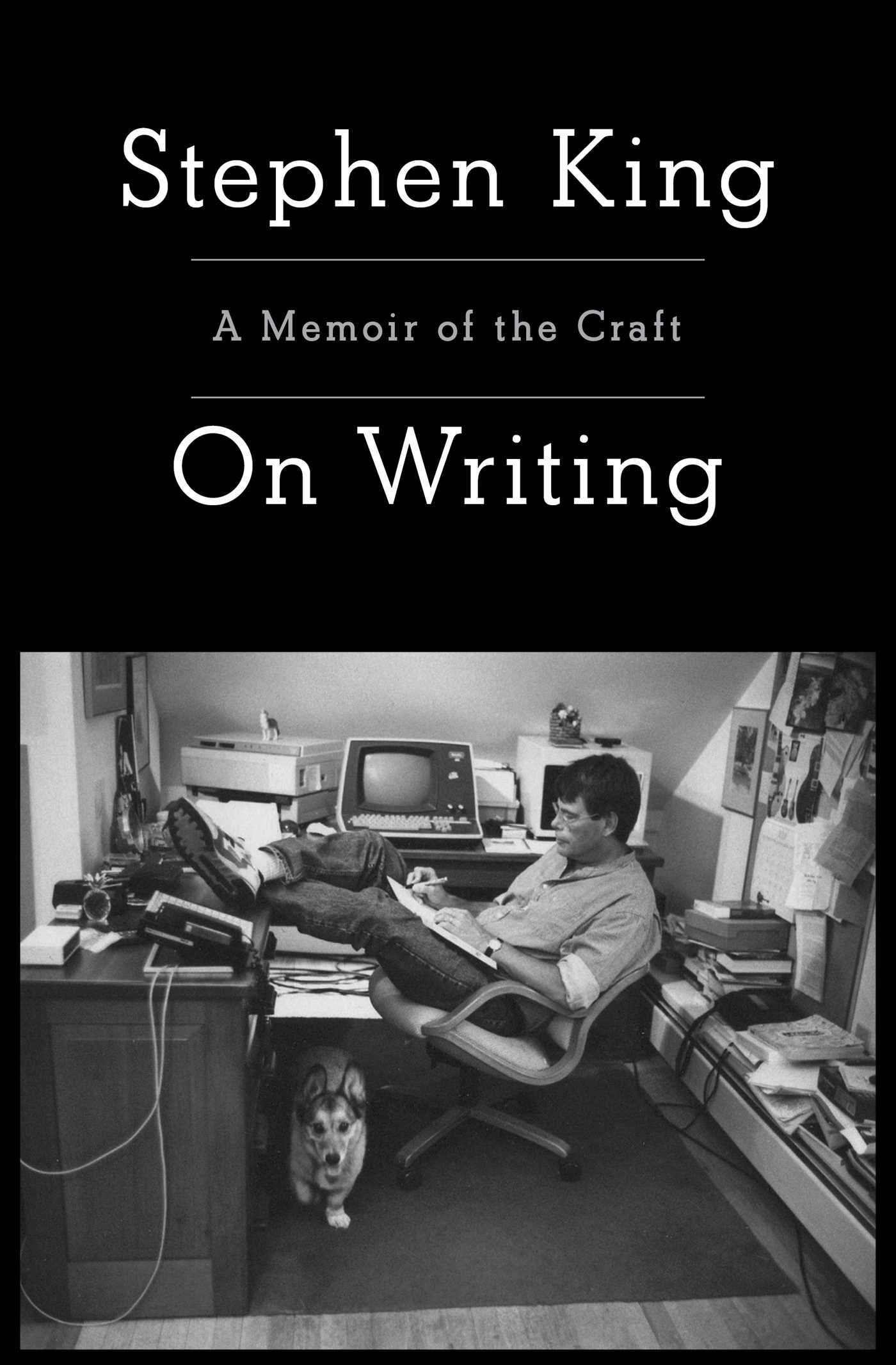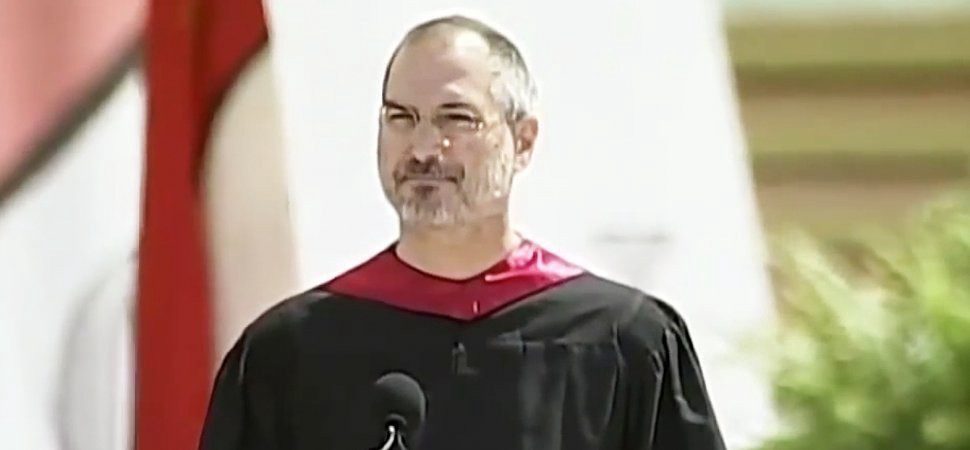There are no solutions. There are only trade-offs.- Thomas Sowell
Take, for instance, you run a not-for-profit organization, but you are attending conferences all year round, all over the world. The trade-off would probably be less time working on your project. Another example is social media/instant messaging, picking up your phone every 15 minutes to check the latest updates for the dopamine rush. Still, the trade-off is either having less face to face conversations or having less time to work on your goals. You get the drift, most times you cannot have it all.
trade-off /ˈtrād ˌôf/ noun : a balance achieved between two desirable but incompatible features; a compromise.
In her 2014 Dartmouth Commencement Speech, Shonda Rhimes delivers a very compelling speech on trade-offs:
So women and men of Dartmouth: As you try to figure out the impossible task of juggling work and family and you hear over and over and over again that you just need a lot of help or you just need to be organized or you just need to try just a little bit harder … as a very successful woman, a single mother of three, who constantly gets asked the question “How do you do it all?” For once I am going to answer that question with 100 percent honesty here for you now. Because it’s just us. Because it’s our fireside chat. Because somebody has to tell you the truth.
Shonda, how do you do it all?
The answer is this: I don’t.
Whenever you see me somewhere succeeding in one area of my life, that almost certainly means I am failing in another area of my life.
If I am killing it on a Scandal script for work, I am probably missing bath and story time at home. If I am at home sewing my kids’ Halloween costumes, I’m probably blowing off a rewrite I was supposed to turn in. If I am accepting a prestigious award, I am missing my baby’s first swim lesson. If I am at my daughter’s debut in her school musical, I am missing Sandra Oh’s last scene ever being filmed at Grey’s Anatomy. If I am succeeding at one, I am inevitably failing at the other. That is the tradeoff. That is the Faustian bargain one makes with the devil that comes with being a powerful working woman who is also a powerful mother. You never feel a hundred percent OK; you never get your sea legs; you are always a little nauseous. Something is always lost.
Something is always missing.
Faustian Bargain [ (fow-stee-uhn) ] Faust, in the legend, traded his soul to the devil in exchange for knowledge. To “strike a Faustian bargain” is to be willing to sacrifice anything to satisfy a limitless desire for knowledge or power.
Lesson: Anyone who tells you they are doing it all perfectly is a liar.
In his book, ONE Thing, American entrepreneur and best-selling author, Gary Keller shares the following thoughts on counterbalancing and trade-offs:
When we say we’re out of balance, we’re usually referring to a sense that some priorities—things that matter to us—are being underserved or unmet. The problem is that when you focus on what is truly important, something will always be underserved. No matter how hard you try, there will always be things left undone at the end of your day, week, month, year, and life.
Trying to get them all done is folly. When the things that matter most get done, you’ll still be left with a sense of things being undone—a sense of imbalance. Leaving some things undone is a necessary tradeoff for extraordinary results. But you can’t leave everything undone, and that’s where counterbalancing comes in. The idea of counterbalancing is that you never go so far that you can’t find your way back or stay so long that there is nothing waiting for you when you return.
The problem is that when you focus on what is truly important, something will always be underserved. No matter how hard you try, there will always be things left undone at the end of your day, week, month, year, and life.
When faced with the choice between two things we want, the preferred answer is yes to both. But as much as we’d like to, we simply cannot have it all. Greg Mckeown, In his very excellent book, Essentialism: The Disciplined Pursuit of Less, shares some very significant insights on the need to understand trade-offs and use it to achieve your goals:
Which problem do I want?
A Nonessentialist approaches every trade-off by asking, “How can I do both?” Essentialists ask the tougher but ultimately more liberating question, “Which problem do I want?” An Essentialist makes trade-offs deliberately. She acts for herself rather than waiting to be acted upon.
As painful as they can sometimes be, trade-offs represent a significant opportunity. By forcing us to weigh both options and strategically select the best one for us, we significantly increase our chance of achieving the outcome we want.
Essentialists see trade-offs as an inherent part of life, not as an inherently negative part of life. Instead of asking, “What do I have to give up?” they ask, “What do I want to go big on? The cumulative impact of this small change in thinking can be profound.
Instead of asking, “What do I have to give up?” they ask, “What do I want to go big on?“
Trade-offs are not something to be ignored or decried. They are something to be embraced and made deliberately, strategically, and thoughtfully.”
When we try to do it all and have it all, we find ourselves making trade-offs at the margins that we would never take on as our intentional strategy. When we don’t purposefully and deliberately choose where to focus our energies and time, other people—our bosses, our colleagues, our clients, and even our families—will choose for us, and before long we’ll have lost sight of everything that is meaningful and important. We can either make our choices deliberately or allow other people’s agendas to control our lives.
There is a trade off – as you grow older you gain wisdom but you lose spontaneity.- Kenny Rogers
The reality of trade-offs:
We can’t have it all or do it all. If we could, there would be no reason to evaluate or eliminate options. Once we accept the reality of trade-offs we stop asking, “How can I make it all work?” and start asking the more honest question “Which problem do I want to solve?”
Given the reality of trade-offs, we can’t choose to do everything. The real question is not how can we do it all, it is who will get to choose what we do and don’t do. Remember, when we forfeit our right to choose, someone else will choose for us. So we can either deliberately choose what not to do or allow ourselves to be pulled in directions we don’t want to go.
Once we accept the reality of trade-offs we stop asking, “How can I make it all work?” and start asking the more honest question “Which problem do I want to solve?“
Essentialists are powerful observers and listeners. Knowing that the reality of trade-offs means they can’t possibly pay attention to everything, they listen deliberately for what is not being explicitly stated. They read between the lines.
The key to following through is to constantly ask yourself how a request, a task or commitment would align to your values and vision. If it is not taking you towards your vision, you might politely say NO to it and ask yourself if this is a problem you want to solve.
Winners embrace hard work. They love the discipline of it, the trade-off they’re making to win. Losers, on the other hand, see it as punishment. And that’s the difference. – Lou Holtz
The key to success is having clear priorities, sticking with your preferences, and learning to say NO; this is one of the hallmarks of high-achieving individuals.
All the best in your quest to get better. Don’t Settle: Live with Passion.



1 Comment
Pingback: The Sunk Cost Fallacy – Lanre Dahunsi